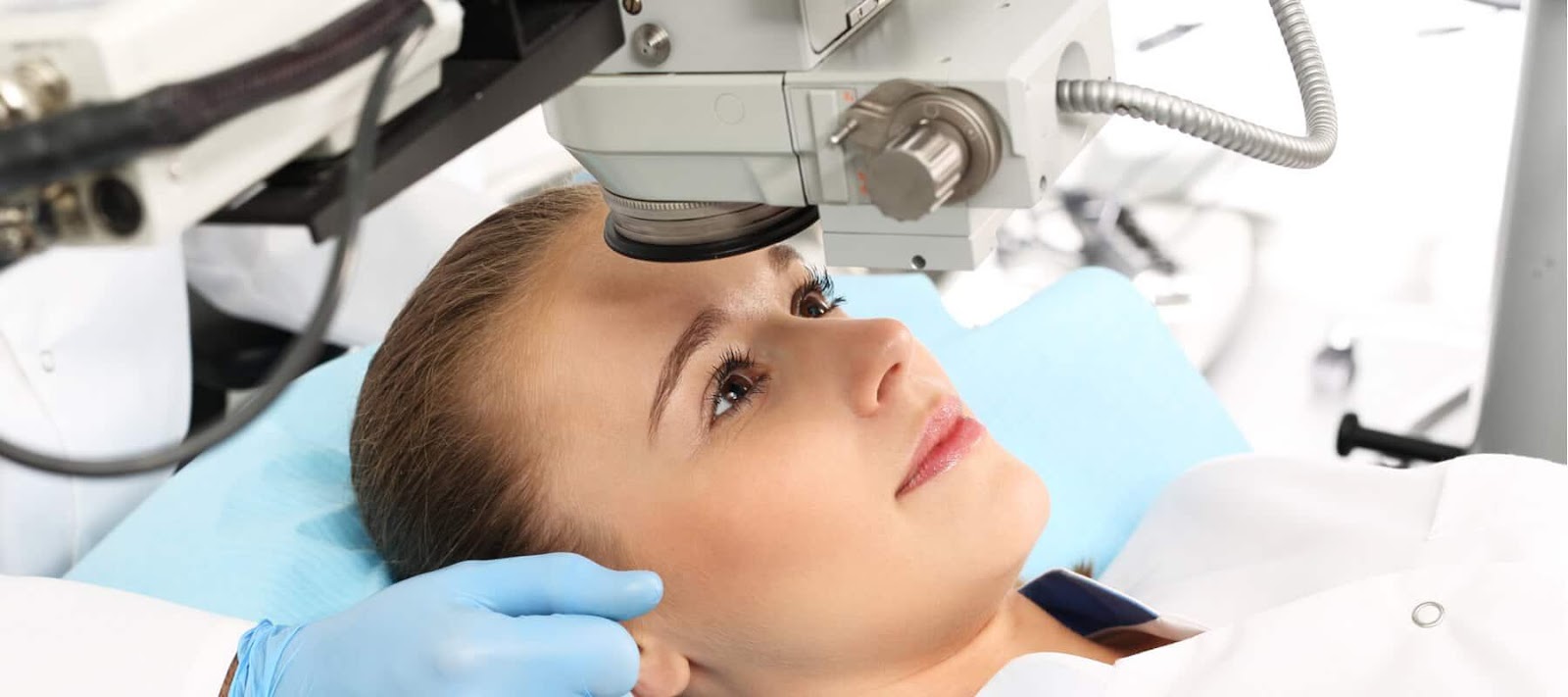Many people tend to overlook subtle vision changes or discomfort, dismissing them as fatigue or aging. However, these minor signs can indicate bigger problems that may escalate if ignored. Knowing when to see an eye doctor can make the difference between timely treatment and permanent damage.
- Blurry or Double Vision
- Frequent Headaches and Eye Strain
- Sudden Loss or Decrease in Vision
- Seeing Floaters, Flashes, or Shadows
- Eye Pain, Redness, or Swelling
- Increased Light Sensitivity or Halos Around Lights
- Dry, Watery, or Itchy Eyes That Persist
- Eye Problems Linked to Diabetes or Hypertension
- How Waiting Can Make Things Worse
Blurry or Double Vision
Blurred or double vision isn’t just a sign that you need new glasses, it can be a red flag for more serious issues such as corneal damage, cataracts, or neurological disorders. While temporary blurring may happen after a long day of screen time, persistent or sudden changes in clarity may require an eye checkup. Double vision, in particular, may be linked to nerve or muscle problems in the eyes and should be evaluated immediately to rule out underlying medical conditions.
Frequent Headaches and Eye Strain
Recurring headaches, especially those centered around the eyes or forehead, are often linked to undiagnosed vision problems. Straining to read, drive, or look at screens for long periods can lead to both muscular fatigue and tension headaches.
You should consider seeing an eye doctor if you notice:
- Headaches after computer use
- Pain around the eyes
- Eye discomfort when reading
A routine eye exam can often resolve these issues with a simple prescription update or lens change.
Sudden Loss or Decrease in Vision
Sudden vision loss, whether partial or total, is a medical emergency. It could indicate retinal detachment, stroke, or acute glaucoma. Even if the loss seems temporary and vision returns after a few minutes, you should never ignore it. Time is critical when it comes to preserving sight. The faster you act, the better the chances of avoiding permanent damage.
Seeing Floaters, Flashes, or Shadows
Everyone occasionally sees floaters, which are squiggly lines drifting across the field of vision. However, if you suddenly notice a sharp increase in floaters, flashes of light, or a shadow/curtain creeping over your vision, it may signal a retinal tear or detachment. These symptoms should never be ignored. Prompt evaluation by an ophthalmologist is essential to prevent permanent vision loss.
Eye Pain, Redness, or Swelling
Pain, redness, and swelling in or around the eye are never normal. They could be caused by infections like conjunctivitis or inflammatory conditions such as uveitis. Look out for symptoms like:
- Pain when moving the eye
- Light sensitivity
- Pus or discharge
These signs warrant a same-day visit to the eye doctor. A
Increased Light Sensitivity or Halos Around Lights
If bright lights suddenly seem blinding or you begin seeing halos around headlights or street lamps, it could be more than tired eyes. These signs are often associated with cataracts, corneal issues, or increased intraocular pressure, which is a warning sign of glaucoma. The earlier you identify the cause, the better the prognosis. Light sensitivity can also point to dry eye syndrome or infection, especially if paired with discomfort or redness.
Dry, Watery, or Itchy Eyes That Persist
Chronic dryness, excessive tearing, or constant itchiness may seem like minor problems but can signal more serious problems like allergic conjunctivitis or dry eye disease. These issues can worsen over time and affect daily life.
Persistent symptoms may include:
- A gritty or burning feeling
- Redness that doesn’t go away
- Eyes that water excessively outdoors or in the wind
Eye Problems Linked to Diabetes or Hypertension
Chronic diseases like diabetes and high blood pressure have a significant impact on eye health. Diabetic retinopathy, hypertensive retinopathy, and macular edema often develop without warning signs. People with these conditions should have annual eye exams or more frequent visits if recommended. Monitoring for changes in retinal blood vessels can help prevent complications. Eye doctors can even detect these issues before you experience any symptoms.
How Waiting Can Make Things Worse
Many people delay eye care, hoping symptoms will go away on their own. But vision issues rarely resolve without intervention, and waiting often leads to irreversible damage. Conditions like glaucoma and retinal detachment require early treatment to prevent blindness. An eye exam is quick, painless, and highly effective at identifying problems early.
Chandigarh is becoming one of the leading cities for specialized eye care in North India. Patients from nearby states often travel here to access modern diagnostic tools and skilled ophthalmologists. If you’re searching for expert help with ongoing or sudden eye issues, the best eye specialist in Chandigarh offers a high level of experience and precision.
